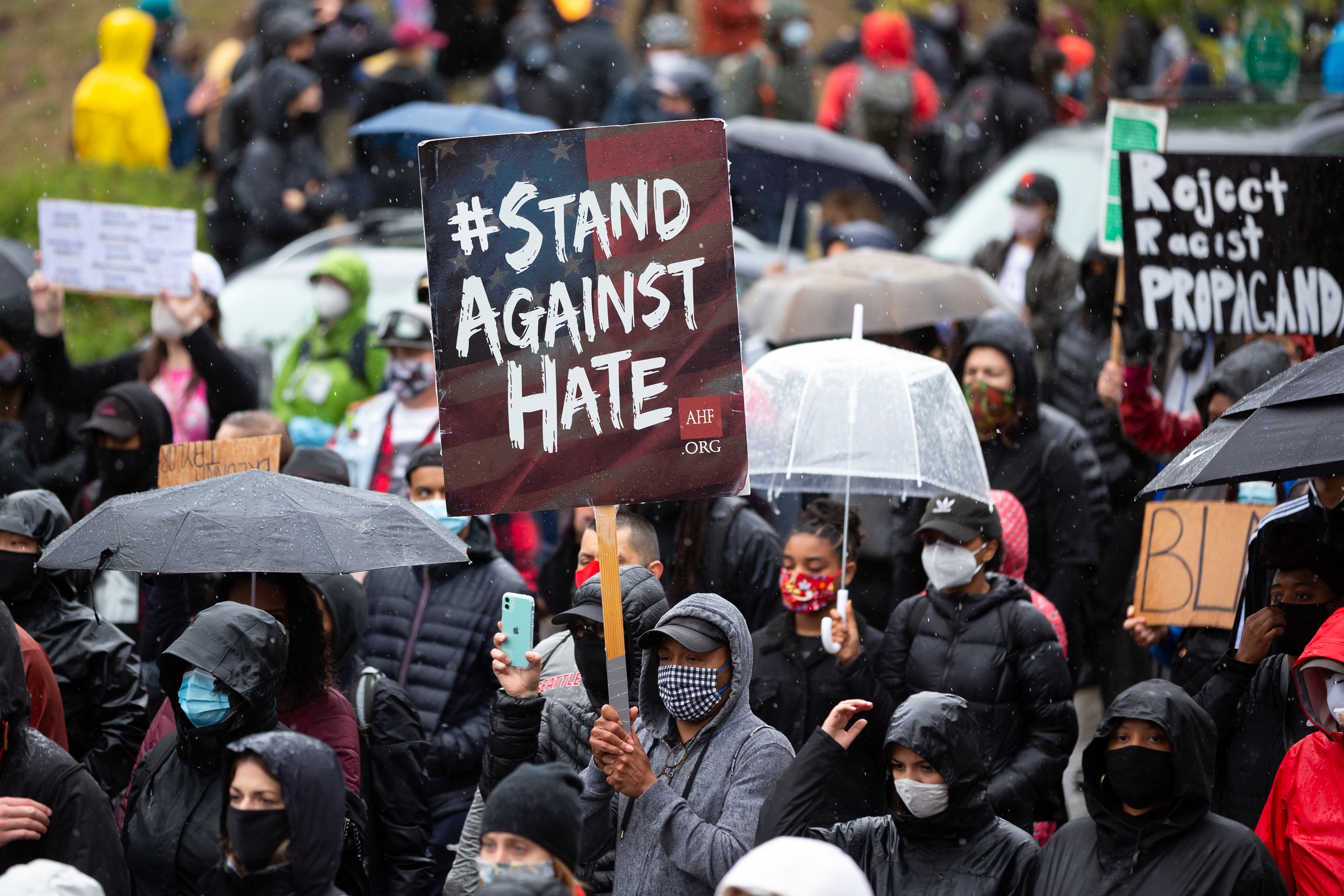- Inga Thompson is a women’s rights campaigner who is willing to go to jail to defend women’s rights, particularly in the context of sex-separated spaces and referring to men as “biological males.”
- She draws parallels between the current threats and hate crimes faced by women and the struggles of suffragettes and feminist campaigners who were jailed and beaten for their advocacy.
- Thompson emphasizes the importance of standing strong against these attacks and the need to highlight the ongoing fight for women’s rights.
- Her commitment is inspired by the sacrifices made by previous generations of women who fought for rights such as the right to vote and access to abortion, many of whom were also jailed.
Inga Thompson: Ready to Go to Jail for Women’s Rights in Scotland, an Olympic medal winner and women’s rights campaigner, has made headlines for her willingness to go to jail in defense of women’s rights, particularly in the context of demanding sex-separated spaces and referring to men as “biological males.” Thompson’s stance is rooted in the legacy of suffragettes and feminist campaigners who faced imprisonment and violence for their advocacy. She has been vocal in her support for JK Rowling, who has been targeted by the SNP’s new hate crime law, highlighting the broader issue of women’s rights being under threat.
Latest sport update | Paul Canoville Apologizes for Conor Gallagher Incident
Inga Thompson: Ready to Go to Jail for Women’s Rights in Scotland
Thompson’s comments were made during an interview on GB News, where she expressed her readiness to face the same fate as her foremothers who fought for women’s rights. She emphasized the importance of highlighting the attacks on women’s rights, including the threat she faced for simply stating a biological fact during a discussion about sports. Thompson pointed out that the act of stating a truth or fact can now be considered a hate crime, reflecting the evolving nature of the threats faced by women’s rights advocates.
She also discussed the broader implications of the SNP’s new hate crime law, warning that it could be used to silence women and suppress their rights. Thompson has been threatened herself and has observed similar threats against women in various fields, including sports and healthcare. She believes that the fight for women’s rights is not just about the current generation but about continuing the legacy of women who have gone to jail and faced violence for their advocacy.
Thompson’s willingness to go to jail for women’s rights is a testament to the ongoing struggle for gender equality and the recognition of women’s rights. Her comments underscore the importance of standing up against the silencing of women’s voices and the suppression of their rights, drawing parallels between the current challenges and the historical struggles of women’s rights advocates.

Inga Thompson’s stance is a powerful reminder of the sacrifices made by previous generations and the ongoing fight for gender equality. Her willingness to face potential legal consequences for her advocacy highlights the importance of standing up for women’s rights and the need for continued vigilance against attempts to suppress these rights.
Hate Crime and Public Order (Scotland) Act
The recently implemented Hate Crime and Public Order (Scotland) Act, effective from April 1, 2024, aims to enhance protection for individuals and communities by introducing new offenses targeting threatening or abusive behavior intended to incite hatred based on various characteristics. These characteristics include age, disability, religion, sexual orientation, transgender identity, and variations in sex characteristics.
These newly added provisions complement the existing laws against stirring up racial hatred, which have been in place across the UK since 1986. The legislation emerged following the recommendations of Lord Bracadale’s Independent Review of Hate Crime Legislation, which advocated for specific offenses addressing the stirring up of hatred. After extensive consultation and engagement with affected communities, the Act was approved by a majority of Members of the Scottish Parliament in 2021.
Notably, the law upholds protections for freedom of expression and maintains a higher threshold for criminality compared to the longstanding offense of stirring up racial hatred. By consolidating existing hate crime laws and introducing a new offense, the Act seeks to tackle threatening or abusive behavior aimed at inciting hatred based on protected characteristics. It underscores the importance of striking a balance between safeguarding victims of hate crime and preserving freedom of expression.
Latest news from around the world | Kaizer Chiefs’ Luke Fleurs Shot Dead in Carjacking



